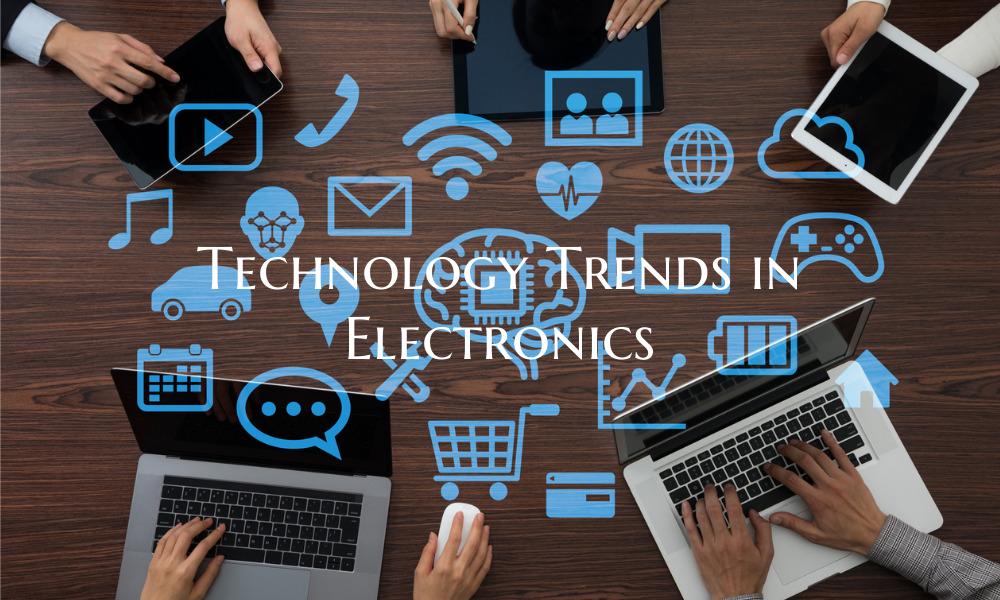Technology Trends in Electronics
In our rapidly evolving digital age, the electronics industry is progressing at an unprecedented rate, driven by innovative technological advancements that are reshaping the way we live, work, and communicate. From cutting-edge developments in artificial intelligence and Internet of Things (IoT) to breakthroughs in wearable technology and renewable energy sources, the realm of electronics is witnessing a transformative shift that promises to redefine our world. Let's delve deeper into some of the most significant technology trends that are shaping the future of electronics:
1. Artificial Intelligence (AI) Integration: AI has revolutionized the electronics industry by enabling devices to learn, adapt, and make decisions independently. From smart home assistants like Amazon's Alexa and Google Home to autonomous vehicles and personalized healthcare solutions, AI is redefining the capabilities of electronic devices and opening up new possibilities for automation and efficiency.
2. Internet of Things (IoT) Connectivity: The IoT is revolutionizing the way electronic devices communicate with each other, creating interconnected networks that enhance efficiency and convenience in various applications. With IoT-enabled devices becoming increasingly prevalent in homes, industries, and cities, the electronics industry is focusing on developing secure and scalable solutions to support this interconnected ecosystem.
3. 5G Technology: The rollout of 5G networks is set to transform the way we connect and interact with electronic devices. With faster data speeds, lower latency, and increased bandwidth, 5G technology is paving the way for innovations in autonomous vehicles, immersive virtual reality experiences, and real-time communication systems.
4. Wearable Technology: Wearable devices such as smartwatches, fitness trackers, and augmented reality glasses are gaining popularity as they seamlessly integrate into our daily lives. With advancements in miniaturization, battery life, and sensor technology, wearables are becoming more sophisticated and capable of monitoring various aspects of our health and daily activities.
5. Renewable Energy Sources: The electronics industry is increasingly focused on developing sustainable solutions that minimize environmental impact and reduce energy consumption. Solar panels, energy-efficient devices, and battery storage systems are some of the key innovations driving the shift towards renewable energy sources in electronics.
6. Edge Computing: Edge computing is emerging as a key technology trend in electronics, enabling faster processing and data analysis at the edge of networks. By decentralizing computing resources and reducing latency, edge computing is facilitating real-time decision-making and enhancing the performance of IoT devices and applications.
As the electronics industry continues to evolve, embracing these technology trends will be crucial for staying competitive and driving innovation. By harnessing the power of AI, IoT, 5G, wearable technology, renewable energy sources, and edge computing, electronics companies can design cutting-edge products that cater to the demands of a connected and sustainable future.

